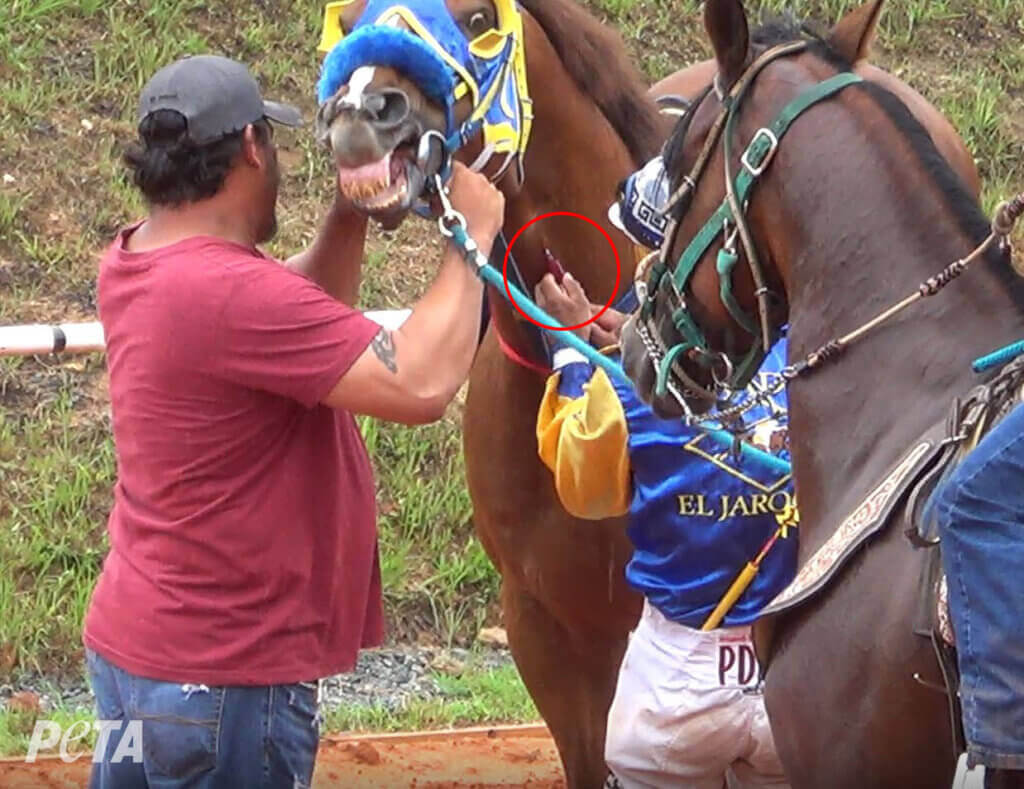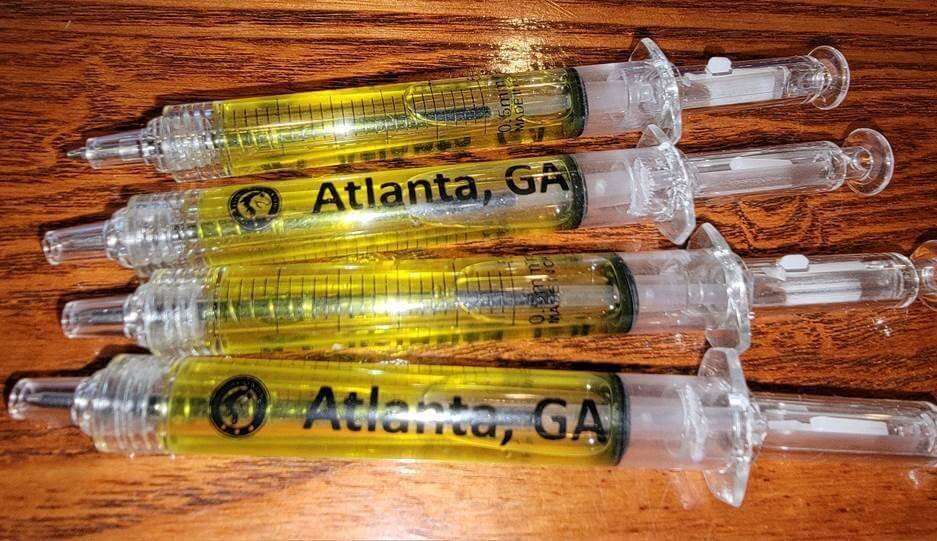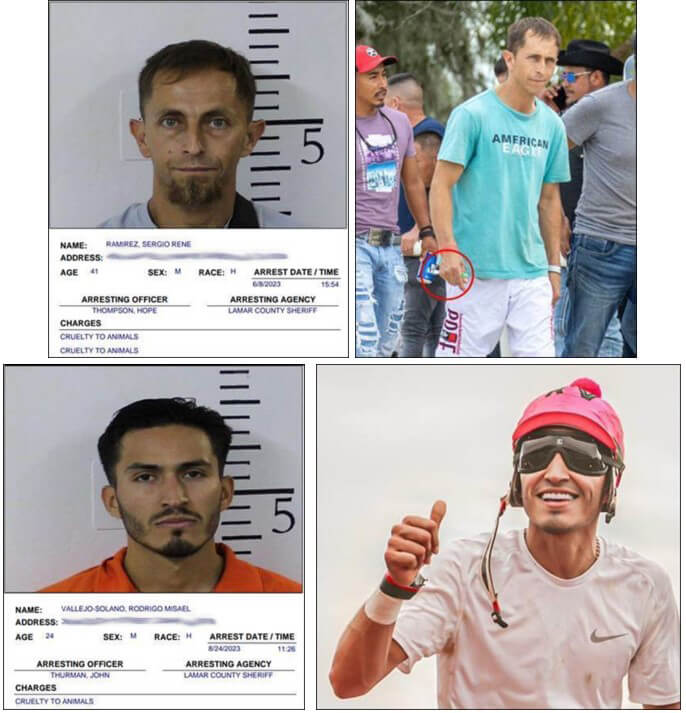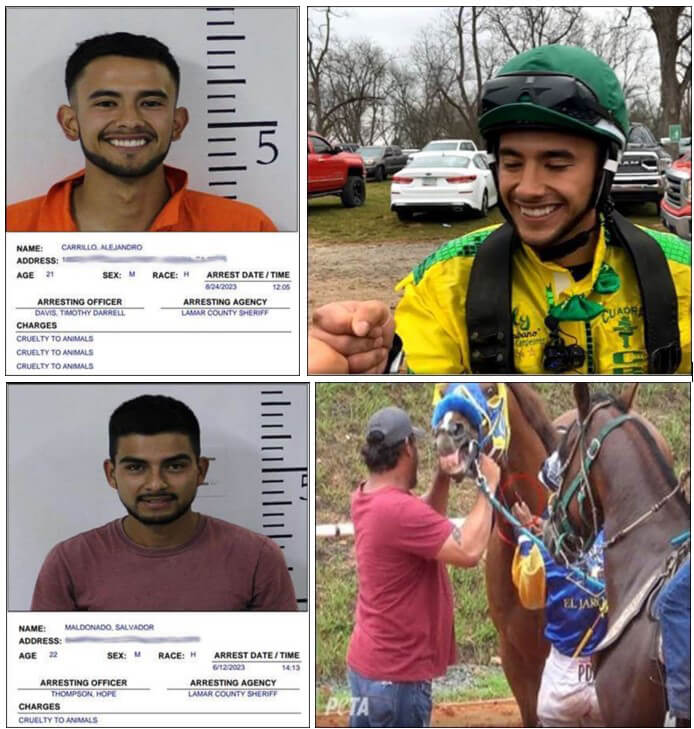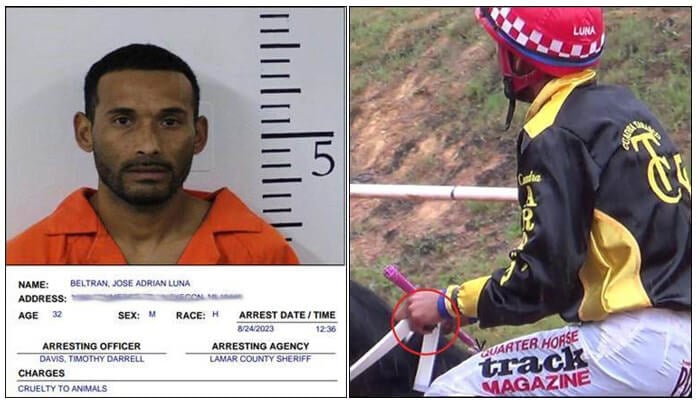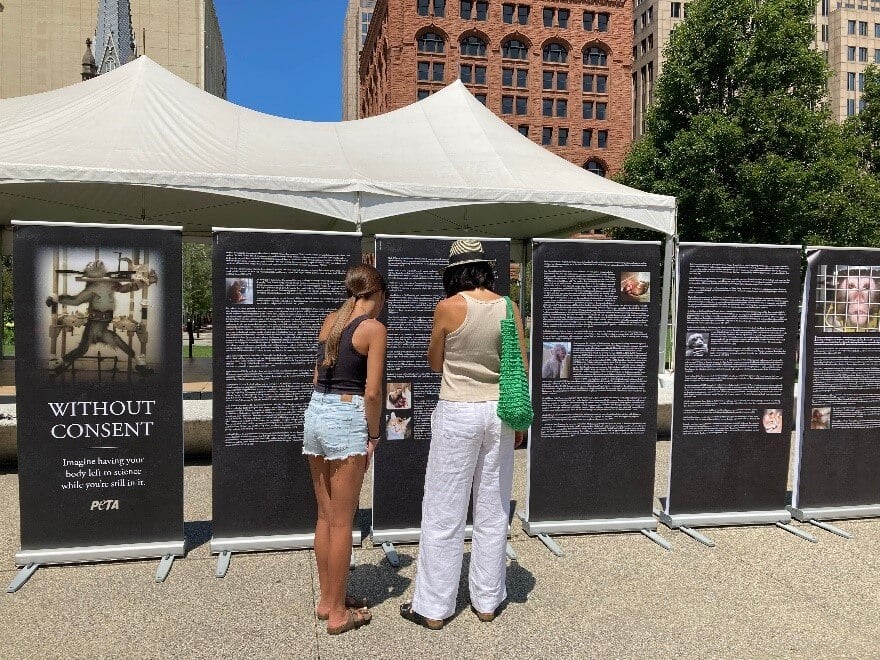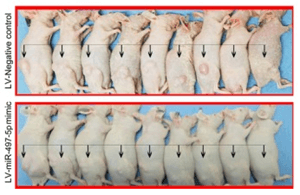Federal officials from multiple agencies failed to act on overwhelming evidence that horses were electroshocked and injected with street drugs–including cocaine and methamphetamine–at unsanctioned races, where illegal gambling and other violations are rampant, The Washington Post revealed today. PETA responded to the feds’ abandonment by seeking local prosecutions and the enactment of regulations to offer some protection for horses.
PETA had brought the videos and syringes collected during our undercover investigation into Georgia “bush tracks” to the U.S. Department of Agriculture (USDA), which then worked with the FBI, the U.S. Drug Enforcement Administration (DEA), and the U.S. Department of Homeland Security (DHS) on planning a raid. However, the “three-letter agencies” balked at busting the track, told the USDA to stand down, and abandoned the investigation, leaving enforcement efforts to the local sheriff.
PETA then met with Lamar County Sheriff’s Office investigators and local prosecutors, persuading them to charge six jockeys with cruelty to animals and a bookie with felony commercial gambling. However, doping charges couldn’t be pursued, as the USDA had destroyed all the syringes we had collected.
Meanwhile, convicted felon Arthur “Brutz” English IV—owner of the Rancho El Centenario track in Milner, Georgia—has yet to be charged and continues to operate races at which horses are abused and doped and die in gruesome breakdowns. During the investigation into his operation, PETA’s undercover investigators collected dozens of used syringes from the racetrack. English recently taunted law-enforcement officials by creating promotional pens shaped like syringes and printed with the track’s logo.
The Washington Post wrote, “Jonathan Adams, district attorney for Lamar and two other counties, said there was little more they could do without federal assistance or a change in Georgia law to make unregulated racing a crime. ‘My hands are tied,’ Adams said. ‘I implore our legislators to make these bush tracks illegal or at the very least mandate their regulation.’”
Please sign PETA’s petition urging Gov. Brian Kemp to take immediate action to shut down unregulated tracks in Georgia so that no more horses will be injected with street drugs, be electroshocked, or die in gruesome breakdowns.
The post Feds Call Off Raid of Underground Track, Destroy PETA’s Evidence of Horse Doping appeared first on PETA.

